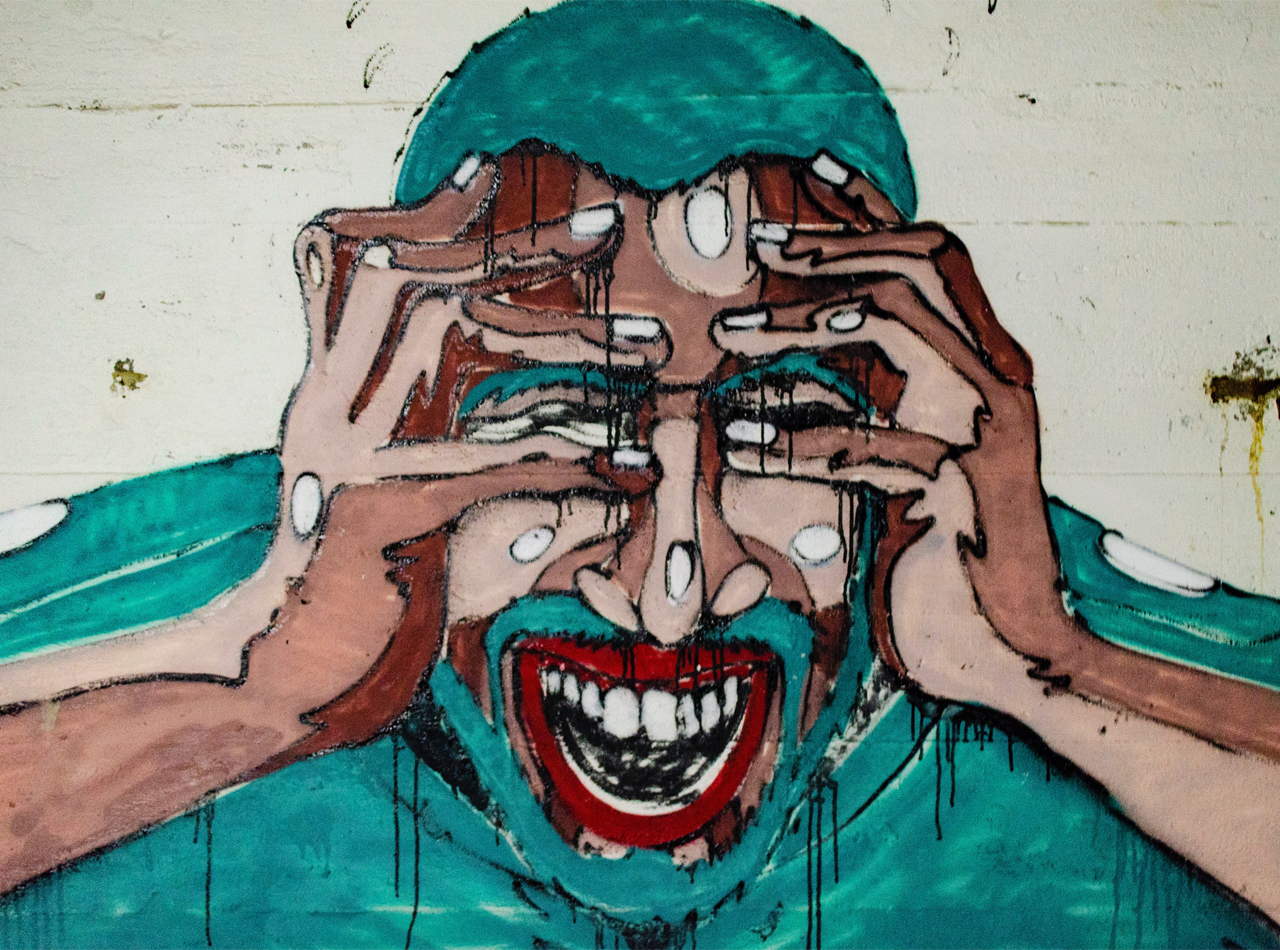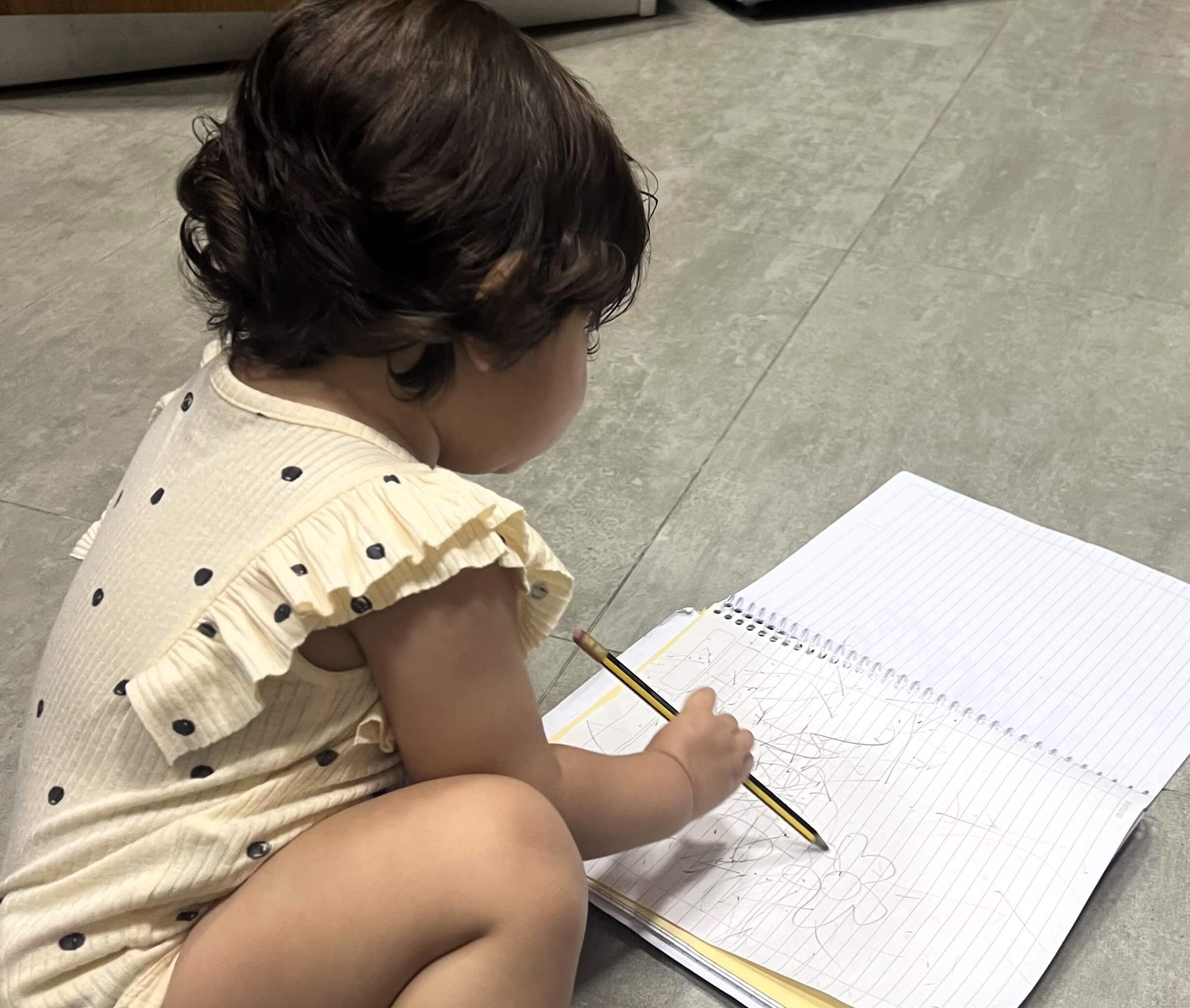If you’re like most people, you are doing your best to stay calm during COVID-19 pandemic. But that can feel incredibly difficult at times. When not worrying about friends and loved one’s health, there’s also the conflicting information provided by the media and the economic ramifications of the virus that have people on edge.
Signs of Emotional Distress and 6 Ways to Cope
Everyone reacts differently to stressful situations, but most will exhibit some of the following signs:
- Changes in sleep or eating patterns
- Difficulty concentrating
- Worsening of chronic health problems
- Increased use of alcohol, tobacco or other drugs
If you are experiencing significant stress right now, here are some ways you can cope:
1. Limit Media Consumption
Hearing the media constantly spread panic isn’t good for anyone. It’s important to stay rational and do your own research to uncover facts from fiction as well as stay positive.
2. Nurture Your Body and Spirit
Be sure to get outside for some fresh air and go for a walk. Eat right and make sure to stay hydrated and get plenty of sleep. Avoid consuming too much alcohol and try and find fun ways to reconnect with your family.
3. Tap into Your Sense of Fun
If you have kids, look to them for some good old-fashioned playtime. Play hide and seek in the house. Create an obstacle course in the back yard. Watch some of your favorite funny movies. Laughter really is the best medicine so get plenty of it!
4. Support Your Local Community
Many local businesses are hurting right now. If you’re still getting a paycheck, consider buying a gift card from a local restaurant, gym, hair salon, etc. to give them revenue now and you can use the card later. This will make you feel great at the same time.
5. Be a Role Model
Remember, your kids will ALWAYS look to you first to see how they should be thinking and feeling about something. So move about each day calmly and confidently and reassure your kids everything will be okay because it will be.
6. Use Your Time Constructively
For many of us, there is a silver lining in this situation in the form of extra time. What can you do with the extra time that isn’t being used to drive an hour or more each day in commuting? Focus on using this time wisely. Maybe you have an ever-growing list of home projects that you just never have time to tackle. Tackle them now, you’ll feel great about it later.
Speaking with a therapist can help you cope with the situation and navigate the days ahead.
SOURCES:
https://www.ucihealth.org/news/2020/03/covid-19-anxiety
https://www.health.state.mn.us/communities/ep/behavioral/stress_covid19.pdf




